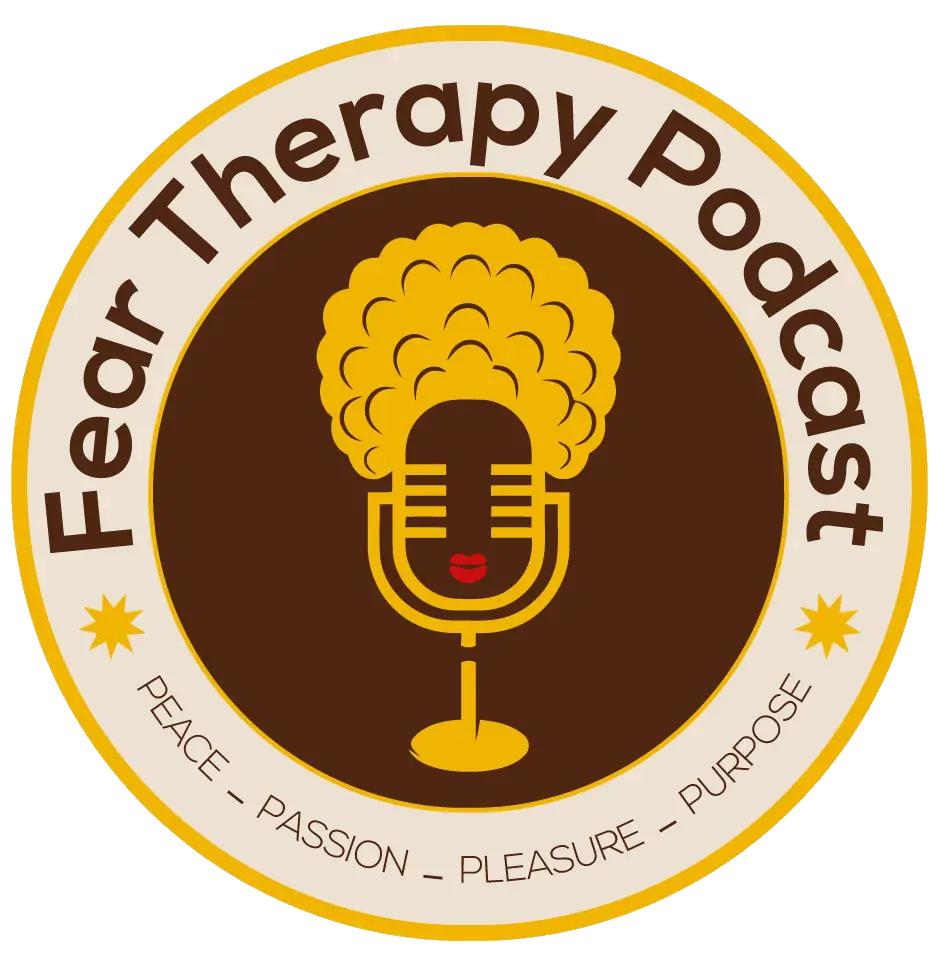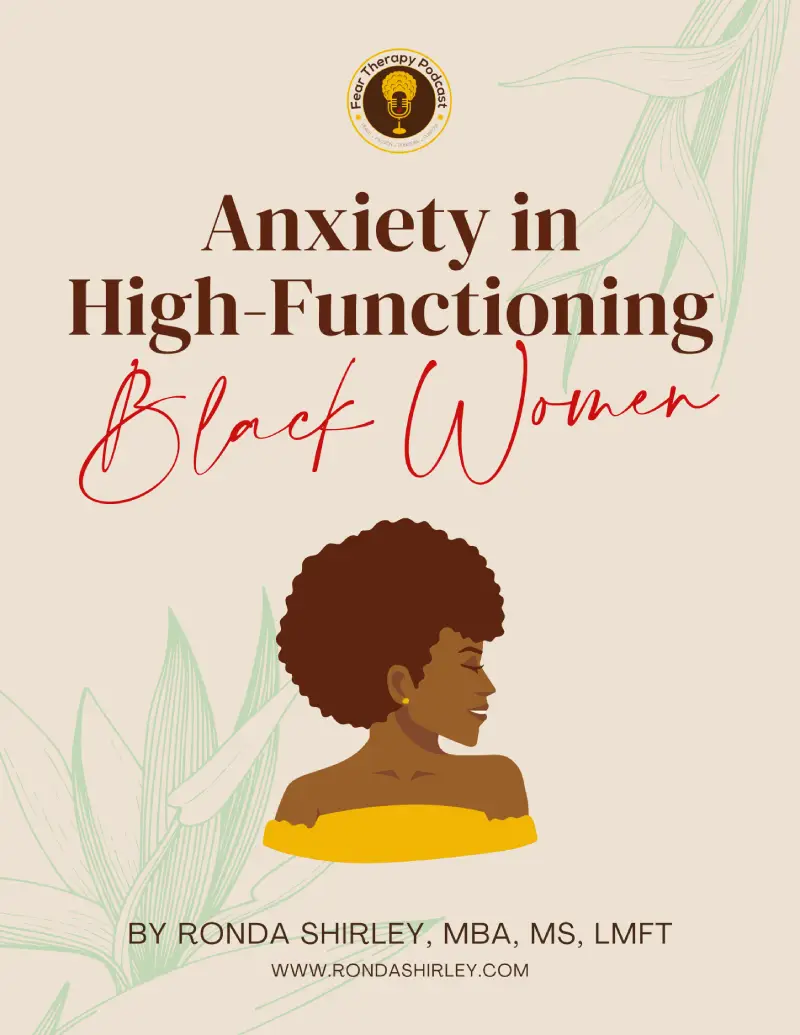I understand that the fear of death can be an overwhelming and all-encompassing experience, haunting both your waking moments and the tranquility of your sleep. It must be hard to have a racing heart and a restless mind, as it plunges you into a profound contemplation of your mortality.
Meet Marlene, an outgoing and intelligent woman in her late 40s. On the outside, Marlene appears optimistic and full of life, but she is actually concealing a deep fear of passing away. Because she has no idea what lies beyond this world of the living and because of the misery that comes with it, she is scared. Marlene frequently struggles with her everyday tasks due to her fear of passing away, which deprives her of joy and makes her question the meaning of life.
Understanding the Development of Fear
The fear of death can develop from various factors, including personal experiences, cultural influences, and existential pondering. Traumatic events, such as the loss of a loved one or a near-death experience, can trigger a profound fear of mortality. Additionally, societal narratives and religious beliefs can shape our perspectives, leading to either acceptance or apprehension towards the inevitable end. Existential contemplation, a natural part of the human condition, can sometimes amplify our fears as we grapple with the unknown.
Managing the Fear

1. Embrace Impermanence:
Recognize that life itself is a transient journey, and death is an inseparable part of it. Reflecting on the impermanence of all things can inspire a sense of gratitude for the present moment and motivate you to live life to the fullest.
2. Cultivate Meaning:
Engage in activities that bring you a sense of purpose and fulfillment. Whether it’s pursuing a passion, helping others, or fostering deep connections, finding meaning in life can provide a sense of peace and transcendence beyond the fear of death.
3. Seek Support:
Sharing your fears and anxieties with a trusted friend, family member, or therapist can provide immense relief. Talking openly about death can help normalize the topic and allow you to gain fresh perspectives, shedding light on your own beliefs and values.
4. Practice Mindfulness:
Embrace the practice of mindfulness to anchor yourself in the present moment. By focusing on the here and now, you can cultivate a sense of inner calm and reduce anxiety about the future.
5. Explore Spirituality:
If you are open to it, exploring your spiritual beliefs or connecting with a higher power can offer solace and a broader perspective on mortality. Many find comfort in contemplating the existence of a spiritual realm or the concept of an afterlife.
The fear of death can be an overwhelming companion, but remember that you have the power to face it head-on. By embracing impermanence, cultivating meaning, seeking support, practicing mindfulness, and exploring spirituality, you can transform your relationship with mortality. Take these steps towards conquering your fear, and you may discover a renewed appreciation for life’s precious moments, allowing you to live with courage, resilience, and inner peace. Remember, you are not alone on this journey. Together, we can overcome the fear of death and embrace the beauty of existence in all its fleeting magnificence.
Keep in mind that you are not alone in the journey. You have the power to take control. This journal will be a great start for you to conquer your fears!










